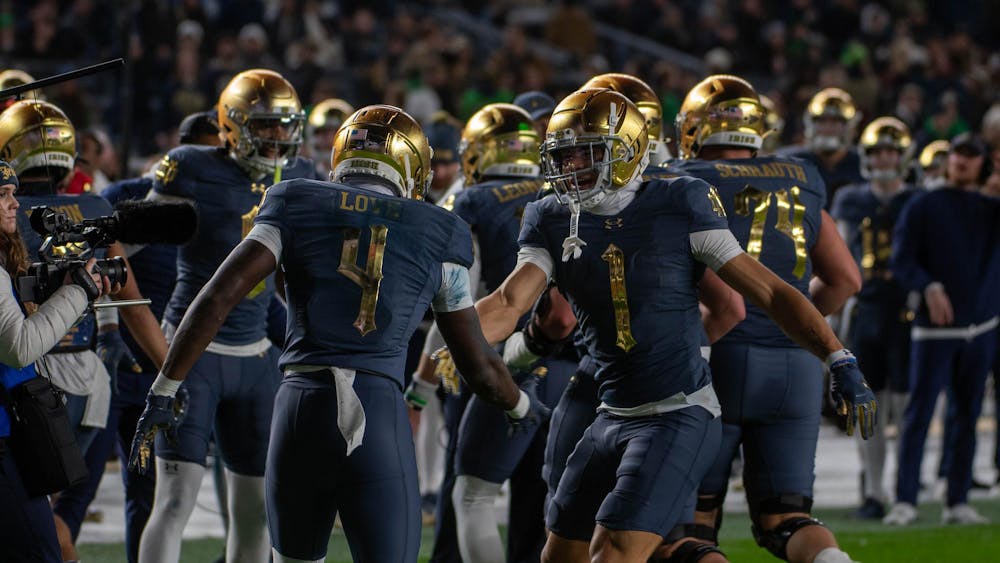Imagine a creature that lives 24,000 years, encased in Siberian permafrost. Deprive it of water, oxygen or heat, subject it to extreme radiation or scores of deadly pathogens and its response will be the same: it will swiftly dehydrate itself — losing nearly all the water in its body — and curl up for a nice long nap.
In this dry state, these creatures blow in the wind, traveling unawares between continents and across country borders, through ages. They’re small things, maybe a few hundred nanometers in size.
Rehydrate the creature, melt the permafrost and it’ll instantly spring back to life. Give it a couple of hours and it will start to reproduce again, asexually.
These baffling creatures are called bdelloid rotifers, confoundingly asexual despite their diversification into over 450 species. The biologist John Maynard Smith famously called them “an evolutionary scandal.”
There’s a perfect irony to the rotifer. By abandoning all the water from its tissues, by sacrificing an essential life-sustaining substance, it achieves legendary longevity. It lives for tens of thousands of years. It becomes a piece of trivia.
We are not bdelloid rotifers. But in our seasons of loss and sacrifice, in pandemics, on Ramadan nights and Lenten days, when we are emptied of food and drink and connection — I think we are making space to hold a bit of eternity within us too.
As Kaveh Akbar writes in Pilgrim Bell (2021), “You can either be./ More holy or more full but./ Not both.”
As the frost melts around us this spring, I’ve noticed that, like the rotifers, we’re alive and well.
Renee Yaseen is a senior economics major with minors in theology and Philosophy, Politics and Economics (PPE). In her free time, she writes poems, hangs out with loved ones and ponders the view from her undisclosed study spot in [redacted] Hall. Please send all comments, diatribes and warm fuzzies to ryaseen@nd.edu.
The poetry of Bdelloid rotifers
The views expressed in this column are those of the author and not necessarily those of The Observer.









